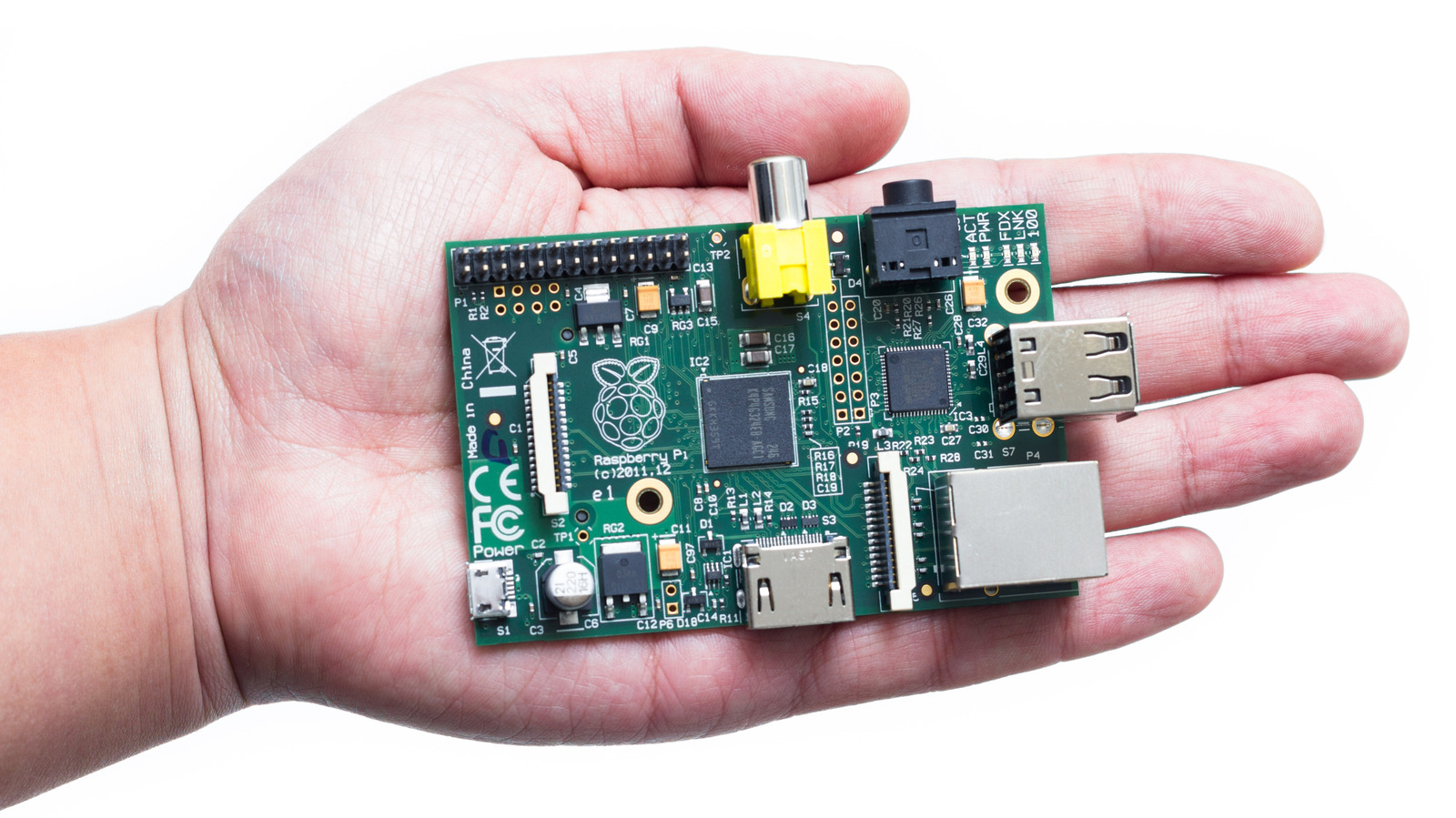Finance ERP provider Sage has made a significant move to bolster its small and mid-sized business (SMB) technology stack with the acquisition of Fyle, an AI-powered expense management platform. The acquisition indicates Sage’s clear focus on embedding intelligent automation directly into the financial workflows of SMBs. This strategy aims to help finance organizations transform a tedious process into a seamless, data-driven function.
Automation at the Core
Founded in 2016 out of the founders’ frustrations with clunky expense reporting, Fyle was designed to simplify the entire lifecycle of an expense claim. Its AI engine automates receipt tracking and reconciliation. This allows employees to submit expenses with a simple text message. For finance teams, this means real-time data notifications and the ability to automate expense management while retaining their existing corporate card programs. Moreover, this is a key feature as the platform is card-agnostic.
Dan Miller, EVP of Financials and ERP at Sage, framed the acquisition in the context of the evolving finance function. “In 2025, financial leaders are expected to play much more strategic roles than ever before and are looking for every way to get a high-performance edge,” he stated. “Fyle streamlines and automates the entire process, further simplifying SMB finances with AI.”
The acquisition also signifies a deepening integration within Sage’s ecosystem. Fyle already connects with Sage Intacct and Sage 300 Construction and Real Estate. Thus, the deal promises to accelerate a broader rollout of the solution across Sage’s customer base in North America and beyond, while Fyle will also maintain its ability to integrate with third-party accounting systems.
Commenting on the shared vision with Sage, Yashwanth Madhusudan, CEO and co-founder of Fyle, said, “Our mission has always been to make expense management intuitive. As a longtime partner of Sage, we know the company shares our focus on delivering great software experiences, and we are excited about the collective impact we can have.”
For the millions of SMBs that form the backbone of the global economy, this acquisition means a powerful new tool is entering the mainstream, promising to return valuable time to leaders so they can focus less on chasing receipts and more on driving growth.
What This Means for ERP Insiders
Automation forms the blueprint for a high-performing finance organization. Sage’s acquisition of Fyle confirms that the path to a strategic, high-performing finance team is paved with intelligent automation. The company is betting that freeing professionals from low-value, manual tasks, such as expense reconciliation, is the key to unlocking their analytical and strategic potential. ERP users should see this as a cue to audit their internal bottlenecks and proactively seek out integrated AI tools to eliminate them.
Sage’s integration strategy focuses on deepening relations. Rather than building all new functionalities from scratch, Sage continues its strategy of acquiring best-of-breed solutions, such as Fyle, which already have market validation. For customers, this often means faster access to more mature, robust capabilities. Pay attention to Sage’s acquisitions as they are the clearest roadmap to the company’s future and signal which third-party tools are most likely to achieve deep, native-level integration.
The AI copilot vision is taking shape. This move fulfills the announcements made during the Sage Future event in Atlanta earlier this year. The vision of an AI Copilot embedded across the portfolio is becoming a reality, not as a single chatbot, but as intelligent, purpose-built automation within specific workflows. The Fyle acquisition is a tangible example, demonstrating how AI will be applied to solve practical, everyday business problems and deliver on the promise of a more intelligent, more connected digital finance function.






